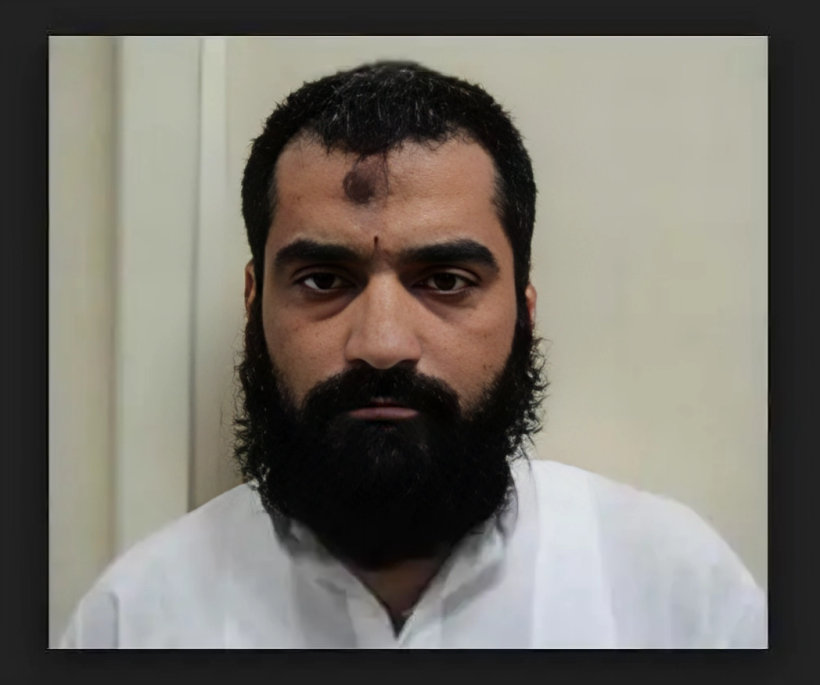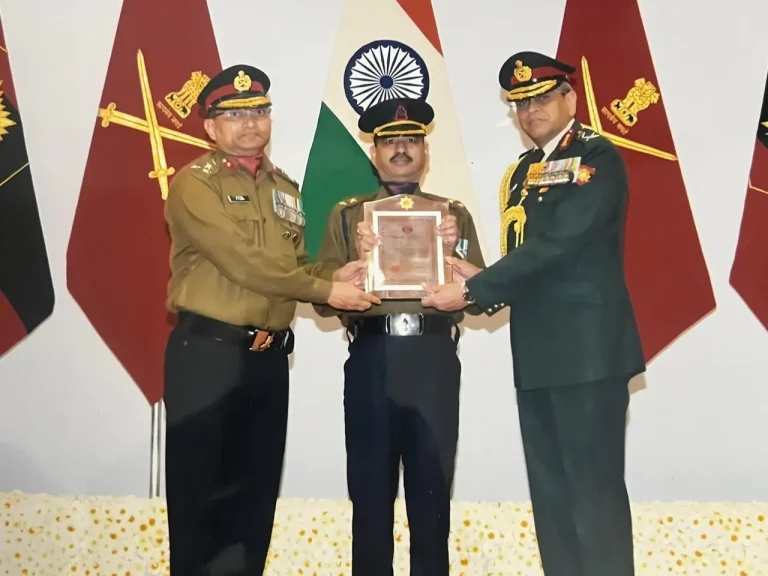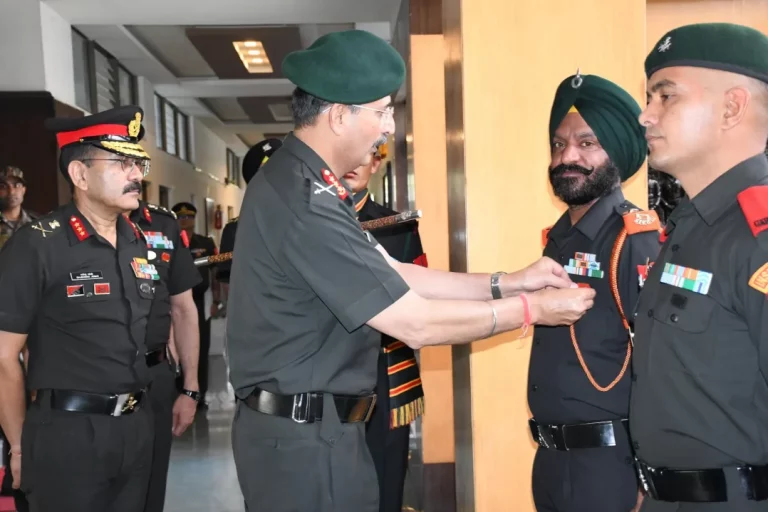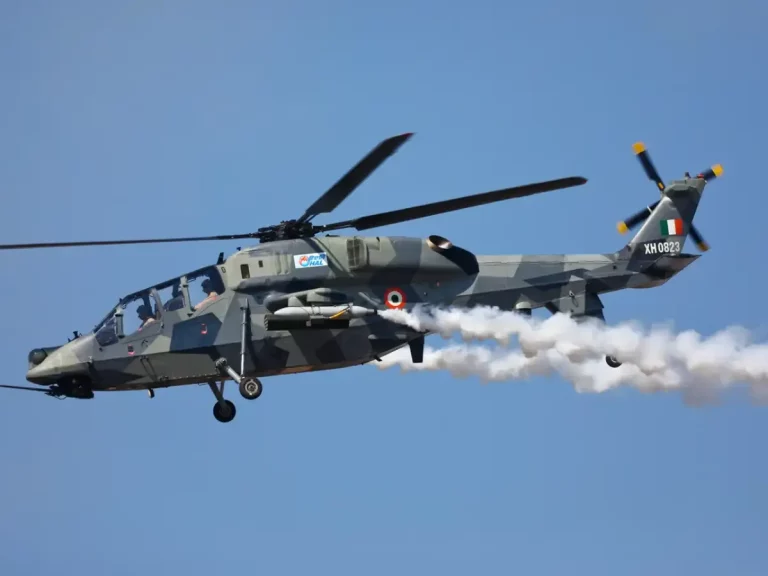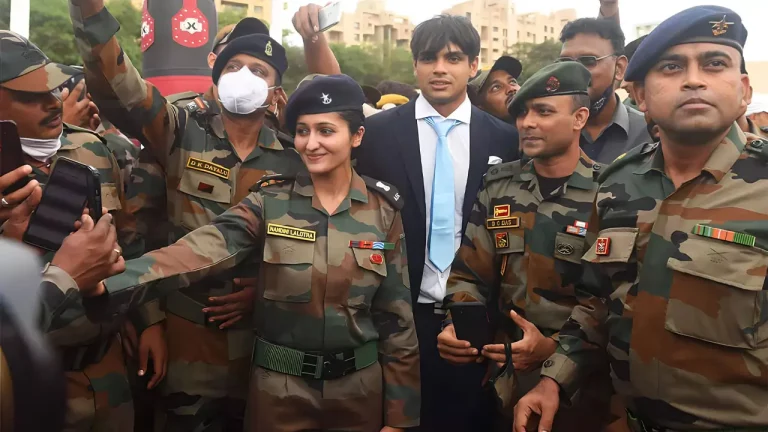In a decisive military operation on May 7, dubbed Operation Sindoor, Indian forces successfully targeted and eliminated several high-ranking terrorists linked to Lashkar-e-Taiba (LeT) and Jaish-e-Mohammed (JeM), marking a significant blow to terror networks operating from Pakistan. Intelligence sources confirmed that five prominent operatives were neutralized during these strikes, all of whom had extensive histories of orchestrating attacks within India.
Among those killed was Mudassar Khadian Khas, also known as Abu Jundal. He was a leading operative of LeT, notorious for his role in organizing violent activities in Jammu and Kashmir. Following his death, his funeral, held in a government school in Pakistan, drew notable attendees including Hafiz Abdul Rauf of Jamaat-ud-Dawa (JuD) and senior military officials, raising alarming concerns about the links between the Pakistani military and extremist groups.
Another significant figure eliminated in the strikes was Hafiz Muhammed Jameel, a senior leader of JeM and closely related to the group’s founding figure, Masood Azhar. Jameel’s demise is seen as a critical setback for JeM, which has been responsible for notorious attacks, including the 2001 assault on the Indian Parliament and the devastating 2019 Pulwama bombing.
The operation also took out Mohammad Yusuf Azhar, known for his roles in various high-profile terror attacks including the hijacking of IC-814 in 1999. His removal from the operational leadership of JeM is perceived as a strategic triumph for Indian counter-terrorism efforts.
Khalid, alias Abu Akasha, another LeT militant involved in smuggling operations from Afghanistan and conducting attacks in Kashmir, was killed as well. His funeral service, which similarly featured participation from Pakistani army officials, added to concerns regarding the perceived support among state entities for these terror factions.
Additionally, Indian forces eliminated Mohammad Hassan Khan, the son of a JeM commander in Pakistan-occupied Kashmir, who played a crucial role in coordinating various terror activities in Jammu and Kashmir.
Operation Sindoor specifically targeted nine terrorist camps across Pakistan and Pakistan-occupied Kashmir, focusing on key strongholds in Bahawalpur and Muridke. Reports estimate that approximately 70 to 80 terrorists were killed, with significant casualties reported at both targeted locations.
Further amplifying the operation’s success, Indian forces destroyed a Pakistani air defense radar system located in Lahore. This action highlighted India’s Suppression of Enemy Air Defences (SEAD) capabilities, showcasing its strategic advantage in ensuring air dominance during military operations.
These strikes were a direct response to a recent attack in Pahalgam, Jammu & Kashmir, which resulted in the tragic deaths of 26 civilians, including tourists. Indian officials characterized Operation Sindoor not only as a retaliation but also as a proactive measure aimed at dismantling the terror infrastructure that poses a persistent threat to national security.
The presence of Pakistani military and civil officials at the funerals of recognized terrorists has ignited renewed calls for the international community to reconsider its diplomatic and financial ties with Pakistan, particularly in light of ongoing support from the International Monetary Fund (IMF).
India has reiterated its demand for global accountability concerning state-sponsored terrorism and has urged international bodies to consider the latest evidence linking Pakistan to these facilitation activities. Officials indicated that comprehensive details regarding this operation and its implications would be shared with the United Nations and other international forums in due course.
As Operation Sindoor evolves, India has signaled its readiness to initiate similar actions in the future if threats from across the border continue to emerge.
